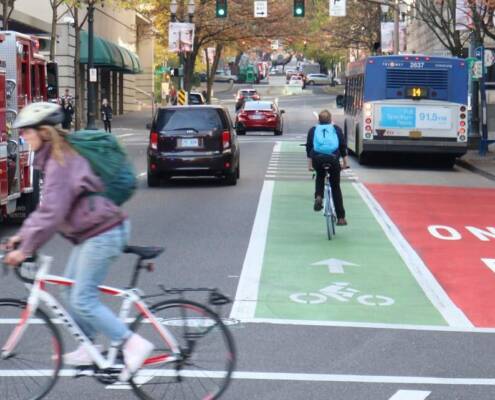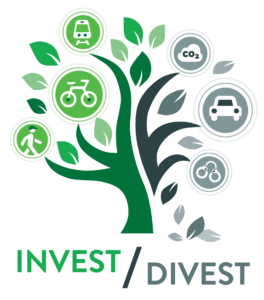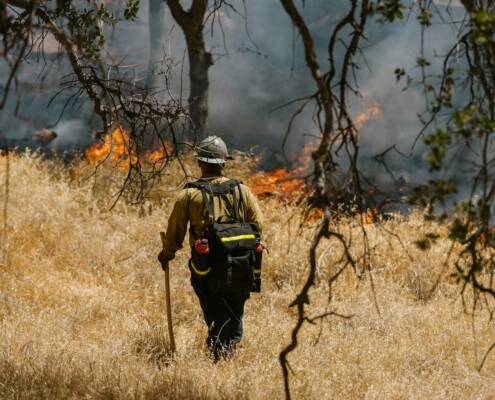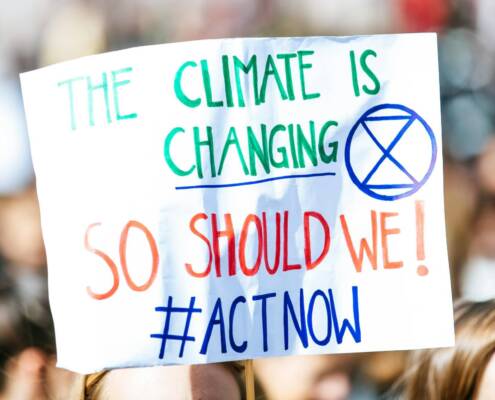In the budget crunch in 2024, the governor chose to cut the tiny, underfunded Active Transportation Program (ATP) despite an influx of federal funding to fill out California’s transportation budget. The ATP funds dozens of biking and walking infrastructure projects across California. Because of these cuts, the latest cycle was able to give grants to just 13 projects.
CalBike and our allies are campaigning to restore the $400 million promised to the ATP that was clawed back. This will allow California communities to build safe, connected bikeways, enhanced sidewalks and intersections, and many other Complete Streets projects that make our shared roadways safer for everyone, especially people not traveling by car.
With the money it takes to build just a few linear miles of new freeway, we can build out whole connected, protected bike networks, giving people of all ages safe routes to school, work, shopping, and more.
We are in the hottest year on record because every year is hotter than the last, and yet when it came time to find places to cut spending in 2024, the governor took $400 million from the tiny Active Transportation Program, the only transportation spending fully dedicated to biking and walking infrastructure, while cutting zero dollars from expensive freeway boondoggles. It’s time to reverse the trend.
Take action now: tell your elected representatives to give back the $400 million taken from the ATP.
 https://www.calbike.org/wp-content/uploads/2023/07/bus-bike-and-car-lanes-cut.jpg
642
1600
Laura McCamy
https://www.calbike.org/wp-content/uploads/2018/07/calbike-logo.png
Laura McCamy2024-05-29 16:56:132024-05-29 16:56:14CalBike Commends Legislature for Rejecting Active Transportation Cuts
https://www.calbike.org/wp-content/uploads/2023/07/bus-bike-and-car-lanes-cut.jpg
642
1600
Laura McCamy
https://www.calbike.org/wp-content/uploads/2018/07/calbike-logo.png
Laura McCamy2024-05-29 16:56:132024-05-29 16:56:14CalBike Commends Legislature for Rejecting Active Transportation Cuts




